
In This Story:
Fact: Your body doesn’t produce minerals. So, the only way to ensure your daily target of mineral intake is through mineral-rich dietary sources. Now, brace yourself for the Science bit. Minerals which are originally found in rocks, soil and water are absorbed by plants as they grow and animals when they feed on those plants. That is how minerals make up our diet in the form of plants and meat.
Prevention definitely wins over fighting skin ageing. Not so long ago, the fight against skin ageing was all about targeting the obvious – wrinkles, dark spots, and even sagging skin. But as they say, prevention is better than cure, everyone is now all about trying to prevent early signs of ageing. While there are many players on the prevention side, zinc comes ahead of them all. This specific mineral strengthens the barrier of your skin to fend off elements that try to harm it, enhances its natural repair capabilities, and keeps it firm. What is needed now is the promotion of the healing abilities of the skin and consuming foods that contain zinc, an important function toward keeping those signs of ageing at bay.
Potassium is yet another essential mineral that keeps your body cells in harmony. It helps to generate the electrical charge, cells need to keep everything working. If you don't have enough potassium, it may affect your nerves, muscles, or even your heart. Meanwhile, today's focus on the best foods for your health: potassium is a must-have for the regular diet, proving quite useful for your body in the general scheme of things.
Consuming too little or too much can skew the delicate balance in the body and result in health complications. This is why it’s essential to ensure you are getting your minerals in the right amounts.
Let’s first begin by understanding a little more about minerals.
Minerals And Types
Minerals are inorganic substances that your body needs for its proper functioning. There are two types of minerals.
Major minerals required by the human body include Calcium, Chloride, Magnesium, Phosphorus, Potassium and Sodium. These are called macro minerals and are required in larger quantities which exceed 100 mg per day.
Trace elements include Iron, Zinc, Iodine, Selenium, Copper, Manganese, Fluoride, Chromium and Molybdenum. The daily requirement of trace minerals is less than 100 mg.
Benefits of Macro Minerals
- Calcium helps maintain healthy teeth and bones which can help prevent osteoporosis. It also enables blood clotting and regulation of the heartbeat.
- Chloride helps maintain the fluid balance inside and outside your cells while also maintaining blood volume, blood pressure and the pH value of your body fluids.
- Magnesium regulates protein synthesis, blood pressure and muscle and nerve function. It also controls blood glucose and plays a key role in energy production.
- Phosphorus is needed for the formation of bones and teeth as well as for the growth, maintenance, and repair of cells and tissues.
- Potassium is essential for regulating fluid balance, muscle contractions and nerve signals. It can also help lower blood pressure, prevent stroke and kidney stones and help reduce water retention.
- Sodium plays a key role in normal nerve and muscle function while maintaining fluid balance in and around cells.
Benefits Of Trace Minerals
- Iron is necessary for the production of haemoglobin and other enzyme systems.
- Zinc is essential for the metabolism of protein and carbohydrates. It plays a key role in wound healing and the production of antibodies. So do not forget to consume foods that contain zinc.
- Manganese is important for bone formation, carbohydrate metabolism and regeneration of cells.
- Copper is essential for the absorption of iron, the formation of melanin and bone formation.
- Iodine is an essential component of thyroid hormones and plays a significant role in regulating metabolic rate.
- Chromium helps in glucose tolerance and helps the metabolism of carbohydrates.
- Selenium assists with cognitive function and fertility while also preventing thyroid problems.
We will be focusing on two minerals, potassium and zinc.
1. Potassium
Potassium is an important mineral that functions as an electrolyte and helps your heartbeat stay regular.
Signs Of Low Potassium
- Nausea
- Diarrhea
- Muscle cramps and twitching
- Weakness
- Heart palpitations
- Shortness of breath
Foods High In Potassium
Here’s a lowdown on the potassium-enriched foods to help fulfil your daily intake of the mineral.
Potassium Rich Fruits
1. Bananas
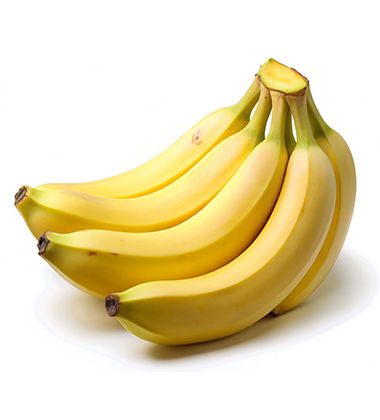
A banana on average comprises 450 mg of Potassium while containing a low amount of sodium. This makes the tropical fruit a heart-healthy choice by regulating blood pressure. Besides, the fibre portion in the fruit regulates digestion and curbs cravings. Making it a potassium-rich food.
2. Oranges
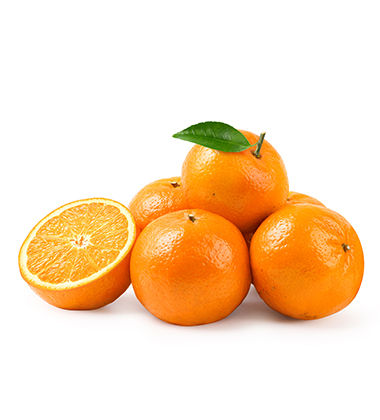
Following an intense workout with oranges can help replenish the lost potassium and electrolytes. If you prefer having it as an energy drink, a glass of orange juice can offer 11% of the recommended dietary allowance (RDA) of potassium.
3. Apricots
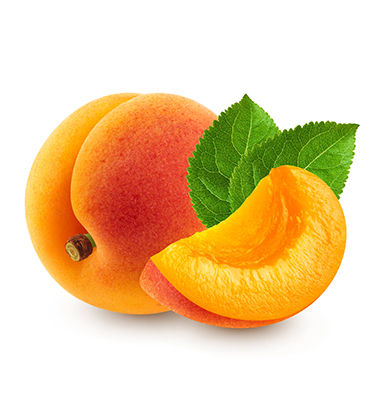
A cup of dried apricots can serve up to 32% of RDA of potassium. What makes it even better is that it scores on saturated fat, cholesterol, and sodium. This is your cue to replace your post-meal snacks with these velvety-skinned marvels.
Potassium Rich Vegetables
1. Sweet Potatoes
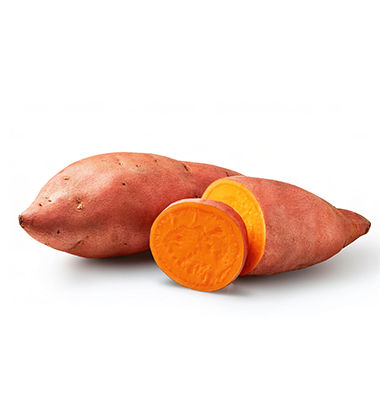
Once you know the amount of potassium in a sweet potato on average, you will reconsider your hostility towards this starchy tuber. It’s also loaded with manganese and vitamins C and B6 while being low in fat.
2. Mushrooms
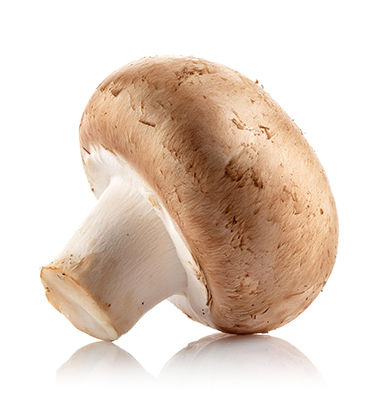
This edible fungus has an exceptional nutritional profile that boasts high amounts of potassium, protein, calcium, iron and copper. Choose mushrooms that offer more potassium value, such as Crimini (11% DV), Portabella (9%), Chantarelle (8%), Morel (8%), and Shiitake (5%).
3. Cucumbers
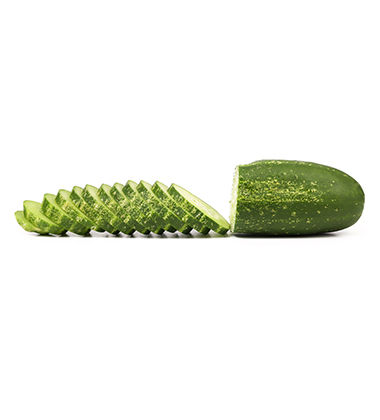
If you’re looking to restore potassium and electrolytes after a strenuous workout, opt for cucumbers. The best part about this densely hydrated vegetable is that it packs fewer calories than most other high-potassium vegetables.
Potassium Rich Dairy Products
1. Milk
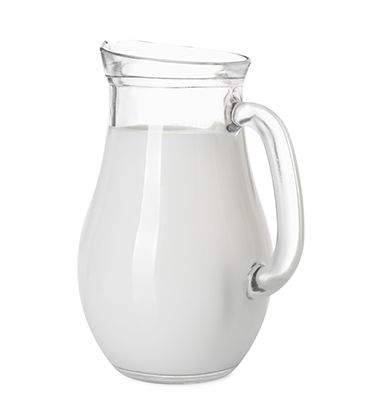
Another potassium-rich food, milk is an excellent beverage to raise health, helping in blood pressure regulation, proper muscle function, and general health of the heart. The creaminess delivered by potassium-rich milk adds delight to a perfect beverage and provides a boost to your nutritional diet. It's an excellent option for those looking to increase their potassium levels, while the other benefits such as calcium and protein from milk can be availed of.
2. Greek Yoghurt
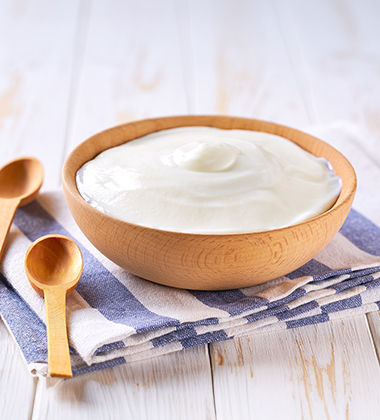
Greek yoghurt is a good source of potassium, thus excellent for potassium-boosting purposes. A single serving of Greek yoghurt can offer you nearly half the potassium you will require each day, thus contributing to appropriate cell functioning and healthy heart activity. The best part here is that Greek yoghurt has the other benefits of protein and probiotic count as well more than just being a potassium-rich food, so it scores well in more than one area of health benefits.
3. Cheese
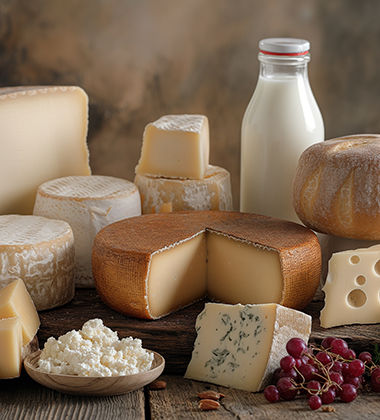
Swiss, mozzarella, and cheddar cheeses are some of the richest potassium-enriched foods that help maintain the proper function of cells and in your body, balance the fluids. Adding potassium-rich cheese into your diet can enhance nervous functions, muscle contractions, and healthy hearts. Enjoying a slice of cheddar with your salad or adding some mozzarella to pasta can be just the ticket and a healthy way to fulfil your potassium needs - just keep an eye on your total sodium intake, as some cheeses do contain added salt.
2. Zinc
Zinc is a trace element that aids a healthy immune system and also plays a role in DNA synthesis. A lack of zinc can make you susceptible to illnesses.
Signs Of Low Zinc
- Loss of appetite
- Hair loss
- Eye and skin lesions
- Impotence
- Reduced alertness
- Loss of weight
- Decreased sense of taste and smell
Zinc Rich Foods
Here’s a lowdown on the zinc-rich foods to help fulfil your daily intake of the mineral
Zinc Rich Fruits
1. Pomegranates
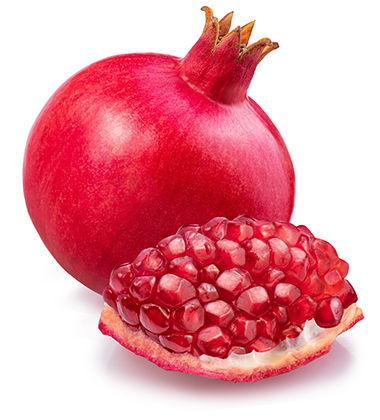
This sanguine-colored fruit may be a task to peel and consume but it’s worth it. Why? It harbours 6% RDA of potassium while being loaded with antioxidants and Vitamin C. These nutrients help boost immunity and improve blood flow throughout the body.
2. Kiwis
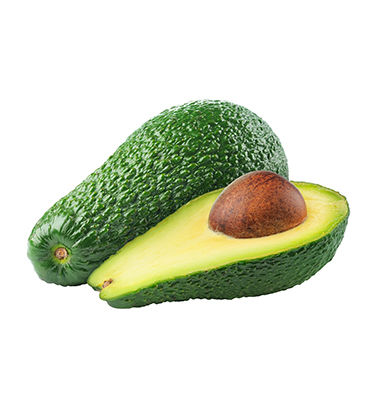
Don’t go by its fuzzy brown peel. Trust us, Kiwi or Chinese gooseberry is a lot better on the inside as a powerhouse of nutrients. Packed with Vitamins C, E, and K and potassium, fibre, folate and antioxidants this superfood is best had early in the morning on an empty stomach for a detoxifying effect.
3. Avocados
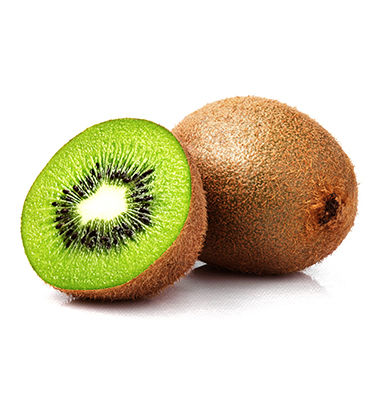
Originating from Mexico, this creamy fruit is a rich source of Vitamins C, E, K, and B-6 as well as magnesium, potassium, beta-carotene and omega-3 fatty acids. Want in on the best bit? It’s waistline-friendly thanks to its high fibre content.
Zinc Rich Vegetables
1. Okra
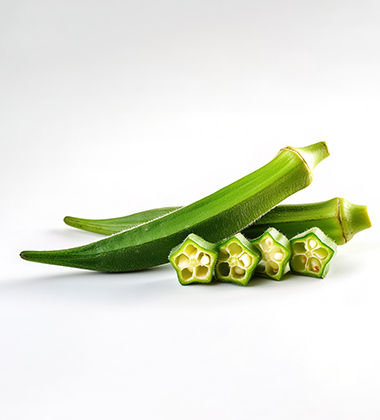
Apart from being a good source of potassium and calcium, Okra is high in antioxidants, fibre and Vitamin C. Add to that, the high levels of polyphenols in this veggie lowers the risk of cardiovascular diseases and regulates blood sugar.
2. Peas
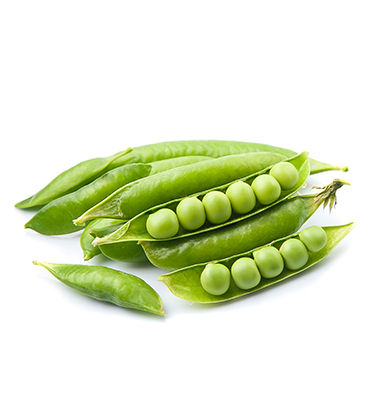
Peas are more than just an easy way to add colour and flavour to meals. It might be hard to imagine these tiny pods packed in copious amounts of potassium, iron, magnesium, manganese, folate, and B vitamins but they do. Besides, they are almost fat-free.
3. Sweet Corn
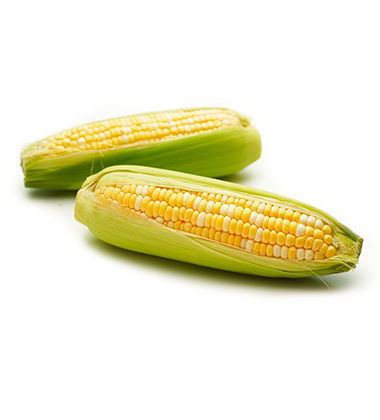
Although Sweet corn is 73% water, it’s loaded with minerals, such as potassium, manganese, phosphorus, zinc, magnesium and copper. Ahh and did we tell you that it can boost your metabolism and accelerate weight loss? That’s because it’s a probiotic containing gut-friendly bacteria that leads to a faster metabolic rate possible.
Other Rich Zinc Content Food
1. Oyster
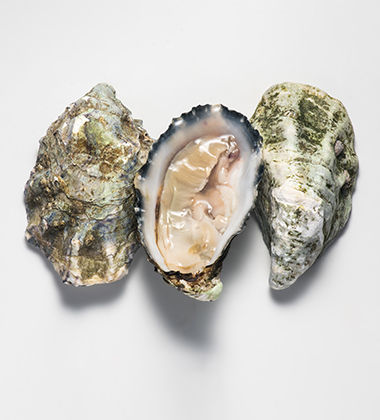
Thinking of foods that contain zinc? Well, oysters are only a powerhouse of nutrients that can add to your overall health. These molluscs are highly concentrated with zinc, which is an essential element which serves to hold an active immune system, and skin in good condition, and to carry out cellular repair mechanisms. This makes zinc required for strengthening your body's healing and regenerative abilities, so when consumed through oysters, they are a tasty way of doing so. Oysters also provide a good source of protein, omega-3 fatty acids, and many other very important vitamins and minerals.
2. Legumes
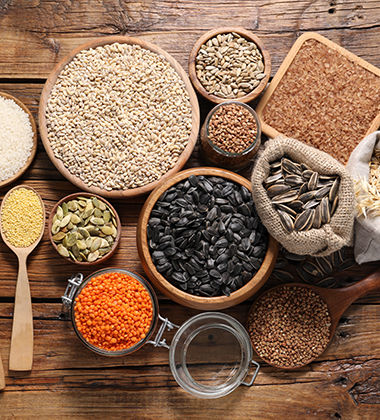
Legumes are great additions for those who are thinking of adding foods that contain zinc as their addition to your diet may help you maintain healthy skin and wellness in general. Chickpeas, lentils, and black beans contain a perfect amount of zinc, acting as an essential assistant in boosting the immune system and repairing the skin. Zinc develops the strength of the barrier of the skin, which is essential to prevent several external damages as well as signs of ageing. These legumes add variety and flavour to your diet while also offering a good amount of zinc. From salads to soups and stews, you can really add a great deal to your nutritional intake and the pleasure of your meals.
3. Pumpkin Seeds
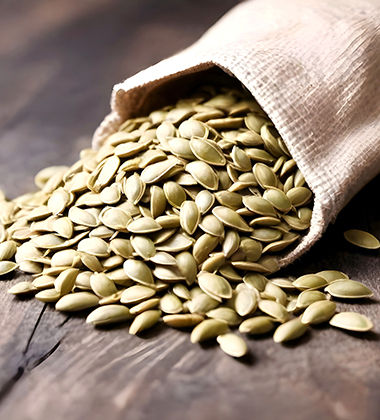
Pumpkin seeds are tasty and helpful in numerous ways towards maintaining your health and luckily a food rich in zinc. The seeds hold substantial zinc; they have the ability to boost the immune system, suggest healthy skin, and promote wound healing. Further, it aids in the growth and repair of cells which make pumpkin seeds a good choice for overall wellness. Among other beneficial nutrients, these seeds contain antioxidants, magnesium, and healthy fats which serve as great components toward good heart health and reduce inflammation. They may be eaten raw or roasted, used to add a crunchy texture and flavour mix to salads or to sprinkle over yoghurt.
How Much Zinc & Potassium Your Body Needs On Daily Basis
When it comes to getting the right amount of zinc and potassium, it’s all about balance. For zinc, the requirement is about 8-11 milligrams daily. To meet this requirement, foods rich in zinc must be included in one's diet. Consider food rich in zinc content, like pumpkin seeds, nuts, and whole grains; these can really help hit your daily zinc target. On the other hand, your body needs about 2,500-3,000 milligrams of potassium every day for everything to keep working right. Bananas, sweet potatoes, and spinach are all potassium-enriched foods, so eat these to support the functioning of everything from your heart to your muscles.
Conclusion
Including zinc and potassium-enriched foods in your diet is highly impactful for your health. Zinc can help boost your immune system, maintain healthy skin, and also assist with rapid wound healing. Potassium is actually one of the most important electrolytes for cardiovascular health that contributes to proper fluid balance, facilitates proper muscle function, and supports healthy overall functions. That's to say, the more nutritious foods you tend to consume, like pumpkin seeds, bananas, and leafy greens, you are feeding your body while augmenting its abilities to stay healthy, strong, and resilient. Thus, introduce these essential minerals to your diet and reap their numerous rewards in your long-term life.
FAQs
-
Recommend supplements that are good sources of zinc.
-
What is the amount of potassium in papaya?
Papaya offers 390 mg of potassium which makes it a potassium-rich food.
-
Is it advisable to replace food with supplements as a source of potassium?
Supplements of any kind must be taken along with nutrient-dense food and not just as a sole source of minerals or vitamins. Consult with your nutritionist before you include supplements in your diet.
Nykaa Recommends: HealthVit Potassium Citrate 99Mg 60 Capsules
-
Which are the foods that are highest in potassium?
Bananas, oranges, honeydew, cantaloupe, grapefruit, spinach, broccoli, kidney beans, lima beans, lentils, soybeans, avocados, watermelon and tomatoes are potassium-rich foods.
-
What are the zinc-rich foods for vegetarians?
Zinc-rich foods for vegetarians include whole grains, tofu, legumes, shitake mushrooms, green peas, lentil sprouts, beet greens, okra, broccoli, oatmeal, seeds and nuts.
-
Which are the fruits that contain zinc?
Fruits that contain zinc include avocados, raspberries, blackberries, guavas, cantaloupes, pomegranates, peaches, kiwis and blueberries.
